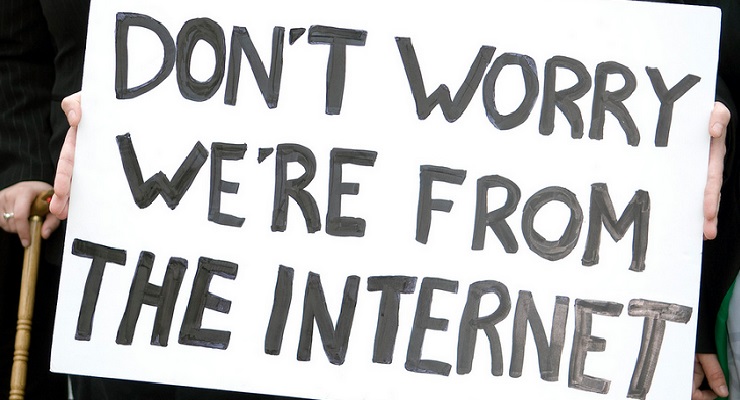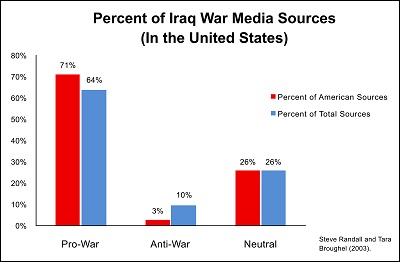
As is obvious by now, part of a democratic system is freedom of choice and expression. These two parts of democracy are massively important when it comes to what and how the media reports on various topics and issues.
In a Liberal Democracy, the media has great freedom on what it reports and is often protected by the law against being prosecuted for what it publishes. Libel law is a very complicated area of law but a fundamental principle is that the media has the right to investigate and publish information it deems to be in the public interest without hindrance or fear of prosecution.
As a result of all this, certain media outlets have become aligned to certain political discourses and positions. In the UK for example, the Daily Mail newspaper is extremely conservative and the Guardian newspaper is liberal. This naturally has an effect on what information is reported and the analysis given and that in turn affects the people that read it.
In the UK, there is great variety amongst the newspapers in terms of where on the political spectrum they position themselves. Also, on the internet there is an even greater number of outlets available for people to get their information and these all in turn often have their own political positions. The advent of the internet has seen the number of media sources available grow beyond count and the accessibility has become the easiest it’s ever been.
With all these different sources of information available different groups of people start to form based on what media source they use for their information. For example, in Britain, the Sun newspaper is typically read by someone who is working class and a swing voter between the Conservatives and Labour, whereas someone who reads the Daily Telegraph is typically middle class and mostly a Conservative voter.

With so much choice on offer this is surely only enhancing democracy and making the democratic system stronger. There can’t be any downsides to this, can there?
Well, yes there are. While an availability of choice in media is in itself needed for a democratic system (the alternative being a State run and controlled media i.e. North Korea) the levels of divisions that has now arisen in the UK, is starting to have a detrimental effect.
The way in which the media is conducting itself in how it reports on specific topics, such as a political party’s new policy or the image of their leader, is starting to create intense divisions in society. People’s opinions of a certain political party or social issue are often mostly influenced by what newspaper or media outlet they use.
A typical example would be, your average Daily Mail reader is not going to have a favourable opinion of Jeremy Corbyn purely because of how the Daily Mail reports about him. Whereas, a Guardian reader’s view of Jeremy Corbyn will on the whole be more favourable due to how the Guardian reports in him.
What has become missing within mainstream media in the UK is a source of reliable facts. Too much in the present day is all personal political analysis on behalf of the person that wrote the article. There is a significant lack of a source which people can access just to purely get the facts; whether that be about immigration numbers, crime stats, economic information etc.
Two different newspapers in the UK can report in the same issue and give you two completely opposing opinions on it despite them largely using the same information. When this starts to happen, democracy fails and the role of the media is tarnished.
As said earlier, an availability of choice in what information is available is essential in a democratic system but that level of choice needs to function in such a way that it doesn’t create tensions in society and it doesn’t obstruct the truth and facts.
As far as I’m concerned, the mainstream media outlets in the UK need to pull their heads together and get down to the business of reporting what is actually going on and presenting the facts, especially at election time, so that people can create a personal and informed choice about how they should vote.
Leave a Reply